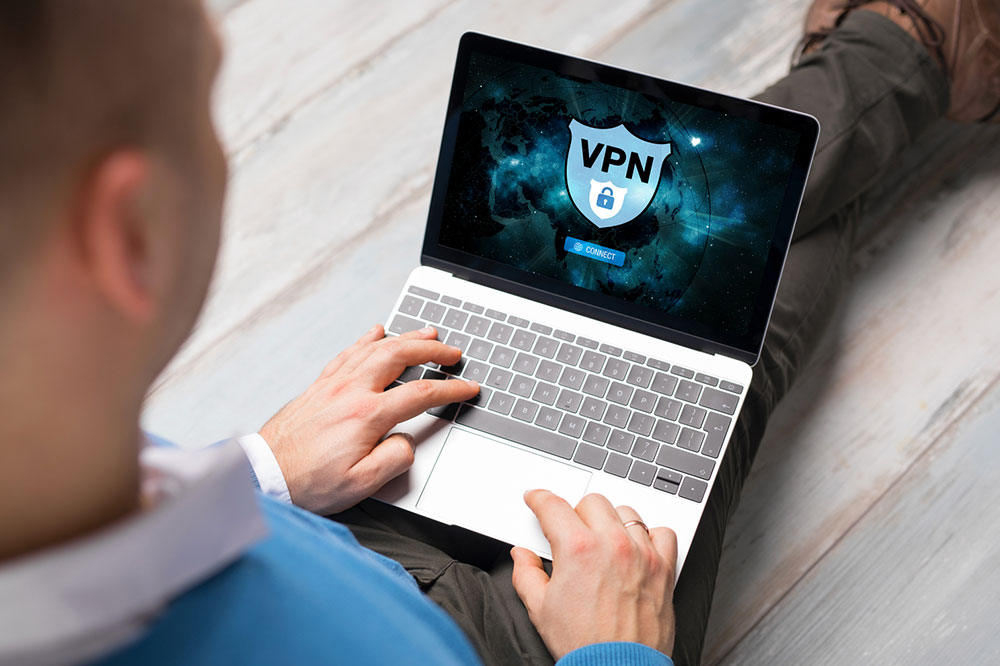
Avoid these 10 mistakes while browsing the internet
The internet has become the life force of almost all organizations and individuals today. This prominent resource has brought the world closer and made it easier to gather information, learn, collaborate, transact, and network with the global workforce. But if not handled carefully, it can also lead to cyber crimes and data breaches. Since internet usage is becoming increasingly cheaper and easier, it’s important to avoid these mistakes to remain safe from cyber fraud.
Visiting suspicious websites
Following unsafe browsing practices can make it easier for malware to enter one’s device, enabling cyber criminals to access and control one’s data remotely. This is also known as phishing, where cybercriminals send unsolicited messages via email, text, social media, or messaging services. Avoid visiting suspicious websites with email addresses. Most antivirus programs warn about such harmful websites, but it is up to an individual whether or not to access them.
Downloading pirated products
Downloading pirated software, videos, films, songs, and other products is highly risky. Apart from breaching the laws, this practice may also bring malware that can crash one’s devices.
Not using firewalls and network segmentation
Firewall, a security device, monitors network traffic to and from one’s network. It identifies, allows, and restricts unauthorized access to personal data. Similarly, network segmentation offers an additional layer of security by limiting the extent to which one data can be accessed.
Not using two-factor authentication
Two-factor authentication (2FA) includes some extra steps to access a browser and adds an extra layer of security. With 2FA, the website can prompt the user if there’s any suspicious login or activity. This practice is useful while using one’s social media accounts and banking websites.
Using the public internet freely
Not all free public internet services are safe to use. So it’s best to be cautious while browsing through public Wi-Fi. One can instead use a portable hotspot or VPN (virtual private network) technology.
Picking fight online
Picking arguments with strangers on social networking platforms is stressful, wasteful, and potentially dangerous. The internet is best used for gaining knowledge, connecting, and expressing one’s thoughts and talents.
Not using browsing security software or antivirus
Antivirus software detects malware and promptly takes action before it damages one’s device. The software also monitors malicious websites and phishing emails for potential threats and protects one’s data from hackers.
Giving card details
Giving away credit card details or making financial transactions on random online services, even for a trial period, can be detrimental. For example, to protect one’s bank details, one can opt for a digital virtual card, enabling people to use it for one time with a limited amount.
Disabling remote access
The remote access feature can enable hackers to control one’s router, so disabling it is advisable. Additionally, weak security on one’s router can give easy entry into one’s network and place malware or tamper with one’s internal data.
Accepting all cookies
Cookies or small text files stored on one’s web browser can track and collect data and send it back to the website owner. Although cookies are harmless, they are best avoided on unencrypted websites.
Announcing one’s plans on social networking sites
Announcing one’s vacation plans or office timings on social media can turn out to be an invitation to burglars.
Conclusion
All the above actions require an internet connection. Making mistakes while configuring and managing systems can be tricky, but awareness regarding the same can reduce one’s vulnerability to cyber-attacks.


